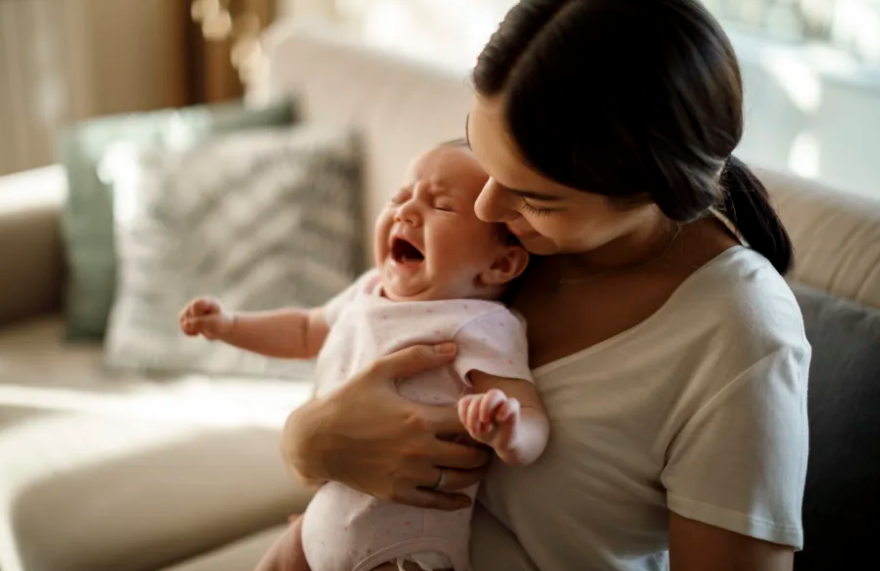Nurturing your baby’s future mental health
More than a third of parents of children under the age of two don’t realise that mental health starts to affect their child’s development before they are two years old, says a new study.
A baby’s brain produces one million neural connections per second, which are formed as a result of interactions with their parents. While the majority of parents do feel confident about supporting this development, more than two-thirds would like more guidance.
Parents who are children should be committed to providing the best possible start in life for each baby and promoting the vital secure attachment between babies and their parents during the crucial days from conception to the age of two, which is essential for their future well-being. Make it easier for parents and carers to understand the way babies communicate with them and how best to meet their needs.

Of course, raising a baby isn’t easy, and I hope to get more trustworthy new advice. That’s what many parents of newborns are saying, and it’s something that makes us need to pay more attention to these things.
More than half of parents believe they received parenting advice in their baby’s early years, such as letting the baby “cry it out” and limiting physical contact to avoid the baby becoming “clingy”.
Almost a third of parents feel guilty for following this advice when their baby’s cues suggest otherwise.
Babies need help making sense of themselves and the world around them. If your baby smiles or coos, they may be telling you they are ready to play. It’s okay to mimic your baby’s reactions and emotions, such as smiling at them if they have bright eyes, as this shows that they can express these emotions.
Comfort your baby when they cry, it is important to respond to their cries and smiles with love and comfort. If your baby is crying, try to soothe them by rocking them gently, talking softly or singing. Remember, you can’t ‘spoil’ a baby with too many cuddles and it won’t make them clingy. Babies will cry at different times and for different reasons, so try not to compare your child to others. Babies also cry for different reasons. The reasons vary; a cry of pain may be different to a cry of hunger or tiredness, so try to understand what they are telling you to help you respond appropriately.
Essentially, what we know about this cessation of communication is that the baby or child is likely to have developed learned helplessness and given up trying to communicate. This may further delay developmental time due to anxiety. “
